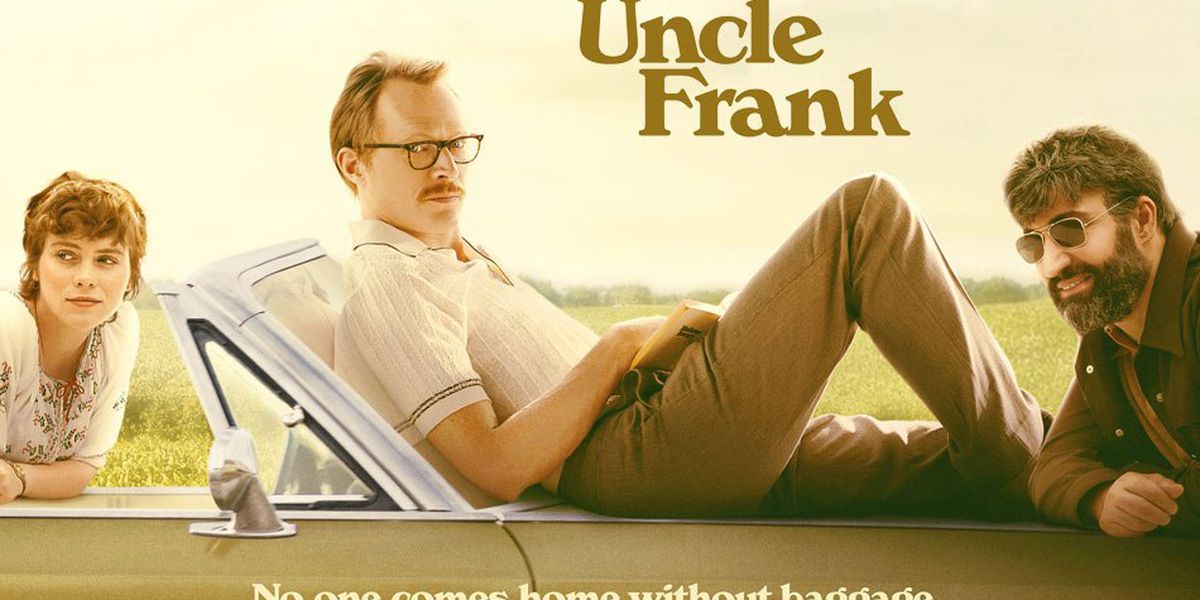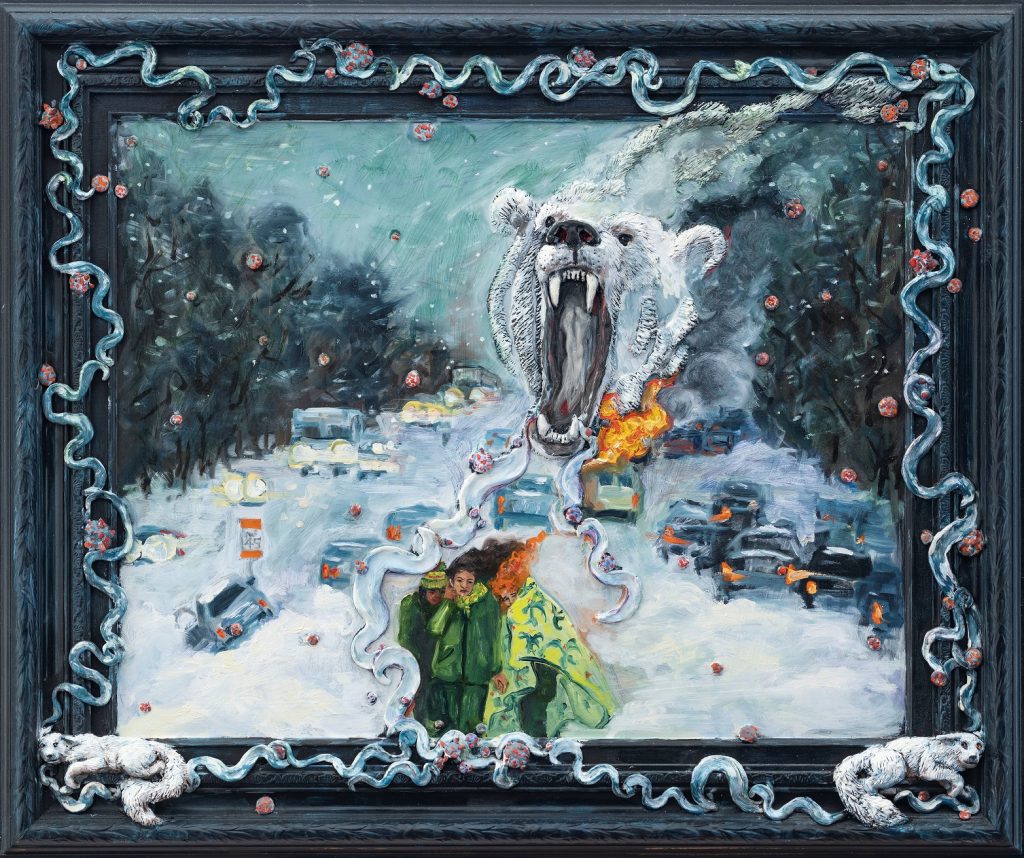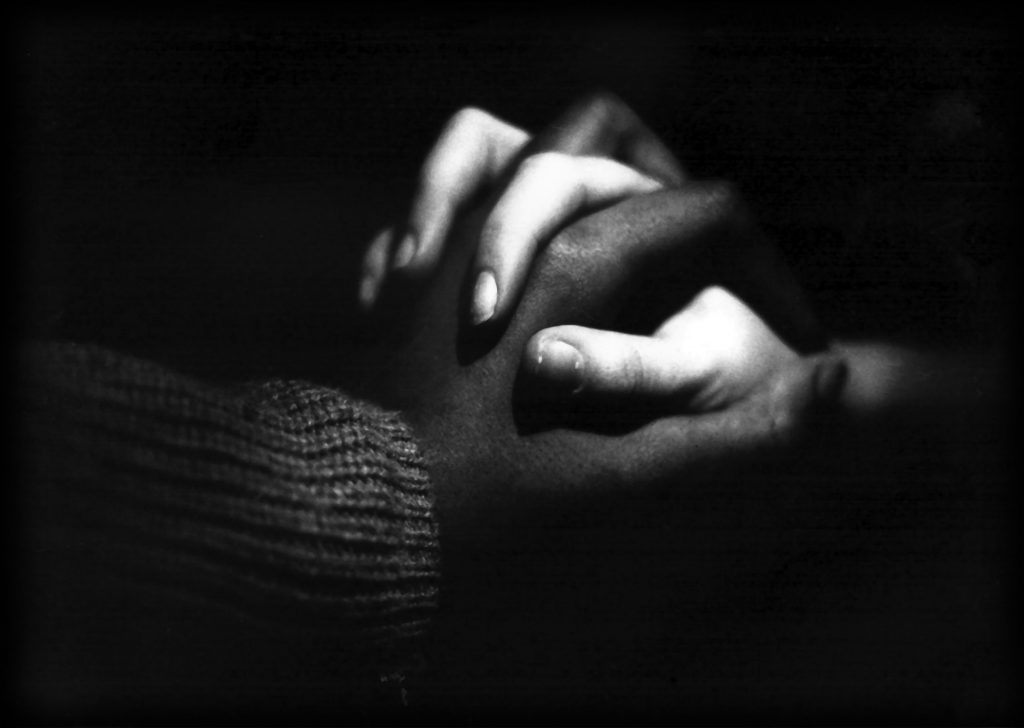By Kaylee Johnson
Campus News
Quarantine has given me the opportunity to delve into film genres that I had not known a lot about prior to the pandemic. It has also allowed me to look at the pieces more closely and identify themes that make the works stand out and memorable, and what artistic elements add flair and evoke emotion. LGBTQ advocacy in the arts has been more present in recent years as people begin to draw awareness to lack of representation in certain media, especially film. Festivals have been quicker to notice diverse directors, producers actors recently, but mainstream cinema still has yet to completely grant praise to the new and old gems in the LGBTQ genre. Here are the top three films I have watched and analyzed in the genre:

The 1991 film, “My Own Private Idaho’’ starring Keanu Reeves and River Phoenix is the true epitome of multi-layered piece of art. While there are strong LGBTQ films there are also hints of innocence, and the pain and curveballs that often come with being stripped of it against one’s will. It’s a very loose adaptation and modernized version of Shakespeare’s “Henry IV.” The film erratically follows a gay hustler with life-hindering narcolepsy (River Phoenix) and the unhinged, rebellious, deeply philsopical son of an affluent mayor (Keanu Reeves). These two unlikely men are connected through the abstract train of thought that repels conformity and welcomes truth and questioning. The film is a poetic masterpiece, in its language, presentation and expression. It acknowledges that being gay, especially a gay hustler comes with horrid stigmas, but it also shows the underbelly of beauty in intimacy and connection – especially between two unlikely souls. Keanu Reeves has done a lot of work throughout his career, but this piece is still my favorite, because he is so open as an actor and captures the true emotion of being enamored and finding something stoic and still in a fun house of warped mirrors.
The 2017 multi-award winning film, “Call Me By Your Name,” starring Timothee Chalamet and Armie Hammer is another artistic piece of visual and sensory splendor. Taking place in a picturesque village in Italy, “Call Me By Your Name” follows the story of teenage Elio (Timothee Chalamet) and an exchange student, Oliver (Armie Hammer), visiting for the summer to work with his established professor father. Both men, Jewish and darkly and emotionally artistic and profound, establish a relationship that extends beyond the bounds of friendship and anything surface level. While it meets most of the criteria for a coming of age film, it also shows multiple perspectives on a same-sex love affair in an organized, easy to follow fashion. Chalamet does an exquisite job of capturing the jubilee and magic that come along with falling in love for the first time and the anxiety that is attached to coming to terms with his sexuality.
Recently, I watched “Uncle Frank,” a film that captures the burden of hiding one’s sexuality for many decades and the fear that one can live in when residing in a backwards thinking community. In many ways the film works like a play, focusing heavily on the impact of setting and character development. The two main characters, Frank (Paul Bettany) and Sophia (Beth Bledose), his artistic free-spirited niece. The two of them feel like outsiders in their traditionalist, conservative family and both fled to New York City to escape the trap of remaining in their small town. In college, Sophia comes to realize that her uncle and a professor on her college campus, Frank, is and always has been a gay man. This revelation makes her truly come to terms with how many ghosts are in her family’s closet.
Whether you identify as LGBTQ or not, these films all have lessons that are important for all people to contemplate. Representation in film is vital, especially for youth trying to find characters in the media to connect with. Building protagonists that identify as LGBTQ is not just a politically correct gesture, it is necessary. Realism is highly respected in the arts, but if certain groups are excluded from it, it is not true realism. Remember to support small films that advocate for this cause and continue to demand more diversity in mainstream media.





Facebook Comments